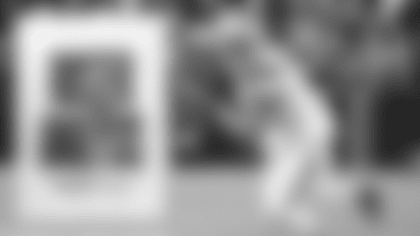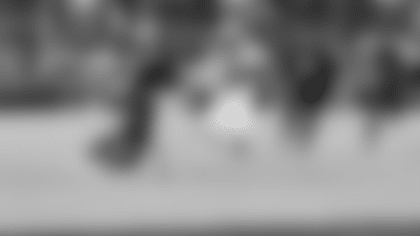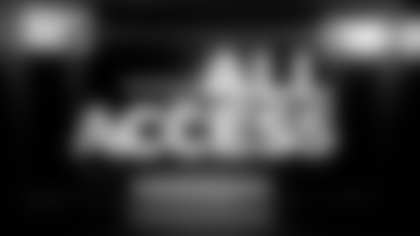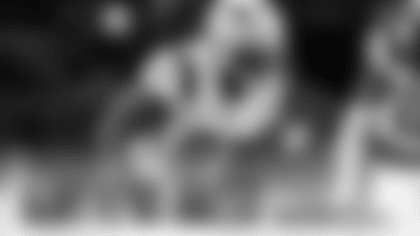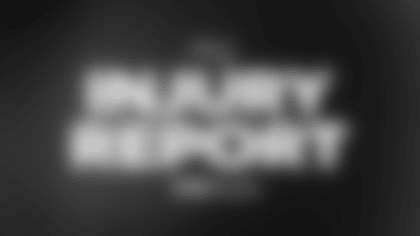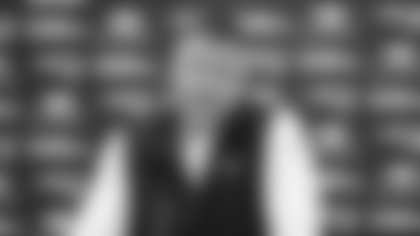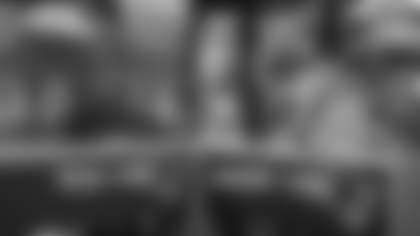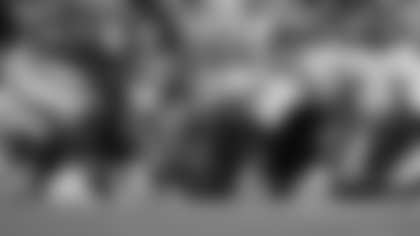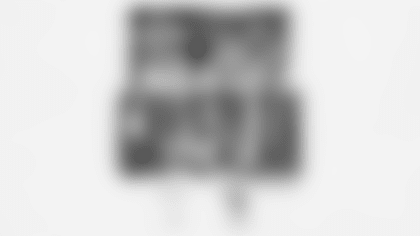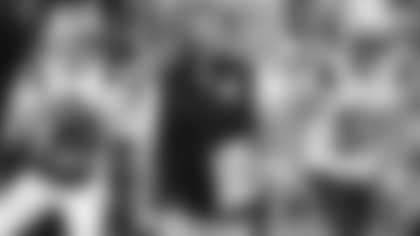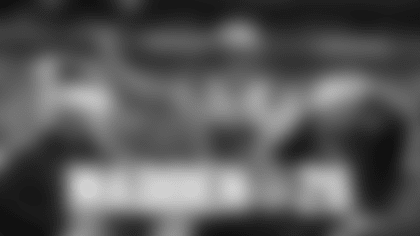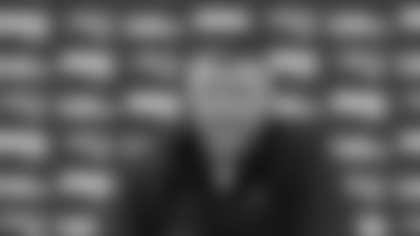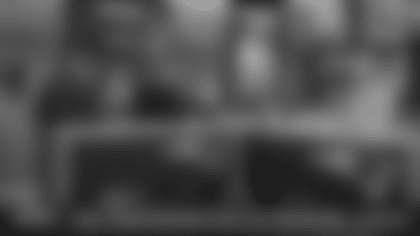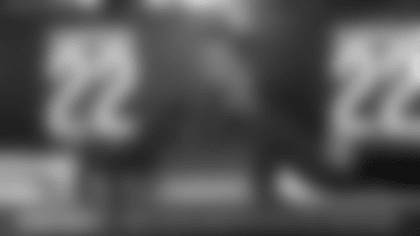The Patriots had a special guest Monday when NFL commissioner Paul Tagliabue visited Gillette Stadium and addressed the team and media before practice. Tagliabue generally travels to a handful of training camps each year and decided at the behest of Patriots owner Robert Kraft to make New England one of his destinations this summer.
"I spoke with the players and basically congratulated them and thanked them for the tremendous job that they do, not just on the field but off the field in the community," Tagliabue said of his message to the team. "The success of the team on the field is very well known to everybody. It's been accomplished in a time and era when the NFL is more competitive at every level than it's ever been in terms of winning championships.
"But this organization has had an policy of going after players who are high quality football players but with great character with a commitment to represent the organization and the fans and the league in the community in a way that is stellar, and I thanked the players for that."
Kraft introduced Tagliabue and the commissioner fielded several questions from the media after his opening remarks. Many of the questions involved steroid testing and the as yet unsigned new collective bargaining agreement.
Tagliabue was asked about possible testing for human growth hormone (HGH), for which there is no suitable urine test, and explained that research is being done in that area.
"There is a test being developed for HGH," Tagliabue said. "It was experimented with at the Athens Olympics. We have had a team of medical advisors studying the test – there are actually two different types of tests. Assuming one of those tests is certified we will in all likelihood test for HGH. There are other issues with HGH. First of all, it's not clear that it's a particularly effective performance enhancer and those issues are being studied as well."
The NFL has been credited with being ahead of the curve in terms of its substance abuse policies and testing, and the commissioner wasn't afraid to illustrate that point when asked to discuss how the league could maintain its position as being proactive in the fight against illegal substances.
"We were the first ones to develop steroid testing," Tagliabue said. "We developed them before the federal government, we funded the development of tests in the early- and mid-90s. A year ago we gave another $1 million to a new lab to be created at the University of Utah. We've been the most proactive organization, sports league certainly, in the whole area of steroid testing."
"Most of the rest of society is playing catch up with us, not only in terms of testing but in terms of determining what can be abused and how it can be tested for. We've spent more than $10 million a year on anti-substance abuse programs."
The labor issues facing the league continue to be a concern and Tagliabue was asked to reflect on the current state of negotiations between the league and the players association. The current collective bargaining agreement is set to expire at the end of the 2007 season, which could lead to an uncapped year in 2007 if a new deal is not in place.
"Right now we're in discussions with the players association," Tagliabue said. "They've made some demands that I think are a stretch, to put it mildly, in terms of the current economics. Some of their demands don't recognize the increasing investment that goes into stadiums like Gillette Stadium, or the increased operation costs in facilities such as the Patriots have here.
"As a league, we have far and away the most successful system. We're the first professional sports league that has player payrolls in excess of $100 million per team. Our player payrolls per team dwarf the other three major professional sports in the Unites States by significant multiples. I think we just need to focus on the soundness of what we do have and fine tune it and get a deal done because everyone is benefiting starting with the players and the fans. Those are two critically important constituencies."
When asked if the nature of some of the high-profile holdouts around the league, such as in Philadelphia with receiver Terrell Owens, is a sign of possible discord, Tagliabue scoffed at such a notion and turned his attention on the sometimes ulterior motives of agents.
"I don't think it hints at a greater concern," he said. "We had six holdouts out of 2,800 players who were holdouts under contracts. What we see that is of great concern is players getting poor advice from their advisors and that is trouble. What we saw this year was some players taking bad advice when they had contract commitments. Some of that seems to be driven by the way agents get paid. Those are issues, but the number of holdouts was no higher than one might expect going into any season."
Clearly Tagliabue was referring to the controversial Drew Rosenhaus, who lured several clients away from their agents and then advised them to hold out in an effort to receive more money. Without a successful holdout, the new agent wouldn't be entitled to any money since the player's current deal was signed under a different representative.
Kraft has worked closely with the commissioner on a number of issues during his 12 years of ownership. His influence with the broadcast committee has helped earn the league the most lucrative television deals in sports history. Tagliabue obviously understands the work the Kraft family has done in rehabilitating the New England franchise, which was among the worst in all of sports when the team was purchased in 1994.
"This will be my 37th season I've been involved with the NFL in one way and that includes three different ownership groups before Mr. Kraft and his family owned the team," Tagliabue said. "I think what they've done is nothing short of remarkable. From Day 1 they've emphasized that the team is going to be a tremendous representative of the community. The twin pillars of the NFL's success are football and community and the Kraft family has hit the nail on the head of both of those things."
Tagliabue also discussed the death of San Francisco 49ers offensive lineman Thomas Herrion, who died Saturday shortly after the Niners preseason game in Denver.
"After the death of Thomas Herrion Saturday night following the 49ers-Broncos game, this is a time of mourning for all of us in the NFL," Tagliabue said. "It's a time we have to be reflective and try to sort out what happened and carry on in a way that is sensible but takes into account the tragedy, and we'll be doing that and working closely with the medical authorities to see what if the cause of this player's death can be ascertained. At this point we don't have any answers."
"I spoke at length yesterday with John York, who is the owner of the 49ers, and I spent quite a bit of time on the phone with our staff getting medical information. So most of what we were discussing yesterday was just trying to determine what had happened and identifying those things the team would have to do in terms of counseling for players. In terms of plans for this coming weekend, we'll be discussing that when we get back to the office."


